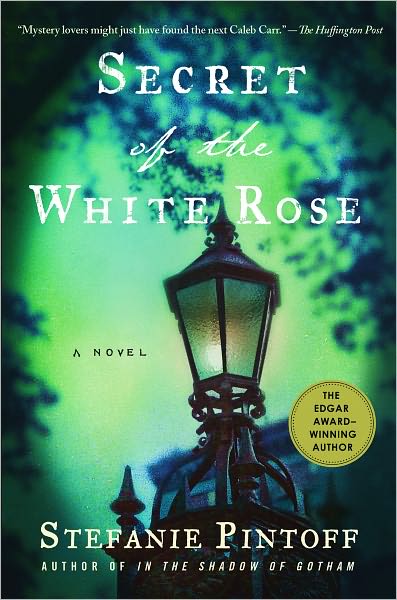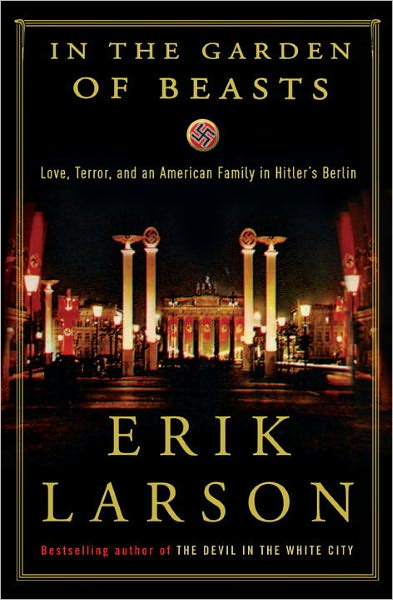 The third installment in the Simon Ziele mystery series certainly delivers. Pintoff has created a character that a reader can very much care about. Simon has flaws, but he's so earnest and honest that you can't help liking him.
The third installment in the Simon Ziele mystery series certainly delivers. Pintoff has created a character that a reader can very much care about. Simon has flaws, but he's so earnest and honest that you can't help liking him.This time around, Ziele is back in New York, having left the small town where he has worked as one of two cops. His friend, Alistair Sinclair, calls him in to help investigate the murder of a judge that Alistair knew. This judge had been presiding over the trail of an anarchist that had set a bomb in New York that killed several people, including a child.
Of course, this murder is only the beginning of what becomes an increasingly complicated and bloody case. It also becomes quite personal for Ziele in a way he could never have foreseen. It looks like Pintoff may continue to mine Ziele's sad and dramatic past into the series. It could have seemed forced, but so far it hasn't. That may not work from here on in, but I will always give Pintoff the benefit of the doubt.
Ziele's relationship with Alistair becomes more complicated with this book. Alistair's flaws and his own past become a crucial part of this story. Pintoff has never written this relationship in a way that makes them real partners, and she's certainly never had Alistair appear as a sidekick. Indeed, in this book, Isabella has a much bigger role than she had in A Curtain Falls. I'm hoping this continues, not only because it would be great to see her spend more time with Ziele. She's smart, resourceful, and I think Ziele may overestimate how much their different backgrounds affect their relationship.
I'm looking forward to the next installment. So far, Pintoff has avoided going through an obvious route. Indeed, she's exercised a lot of restraint in particular in the relationship between Ziele and Isabella. It's one of the reasons I continue to look forward to her books.
Next up: The Soldier's Wife, by Margaret Leroy.
